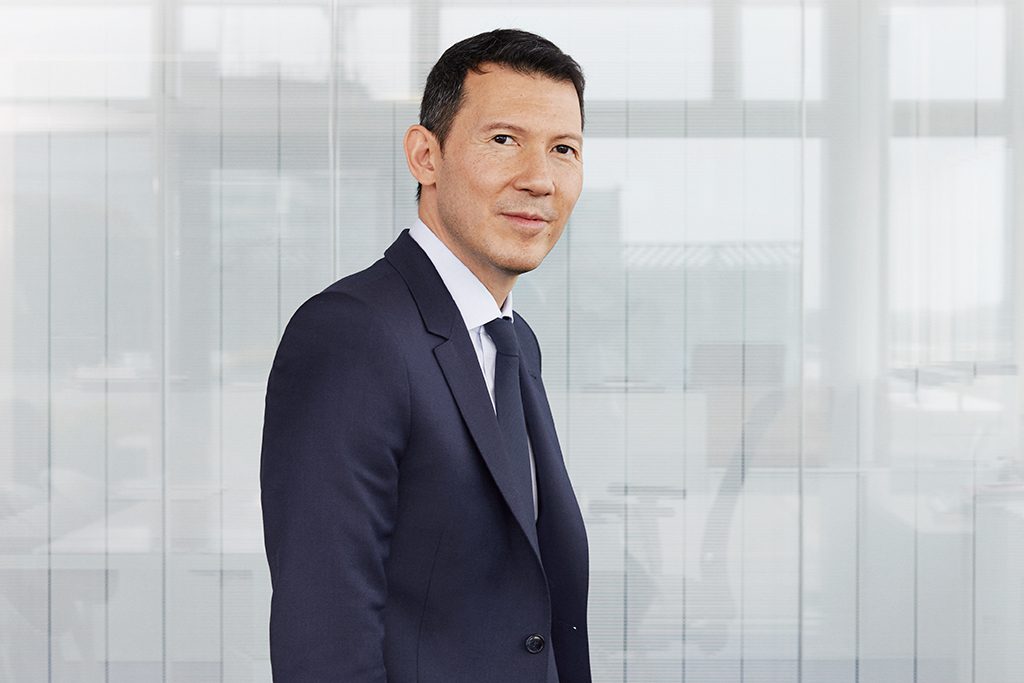New Air France-KLM CEO Ben Smith Begins Putting His Imprint on Air France

Skift Take
Insiders sometimes privately ask if Ben Smith will be a short-timer at Air France-KLM. He is trying to bring big change to a company plagued by inertia. But change is happening. Let's see if Smith will have traction.
After Ben Smith became CEO of Air France-KLM last year, he looked at Air France's Africa network, one of the company's jewels. France no longer rules much of the continent, but Air France retains air rights other airlines covet.
Smith didn't like what he saw. In his previous job, as chief operating officer of Air Canada, he preferred simplicity and consistency, and Air France's network is, well, complicated. Many routes operate less than daily, and some go in a circle, like AF 775, which twice weekly departs Paris for Bangui, capital of the Central African Republic, before stopping in Yaoundé, capital of Cameroon, and sitting for about four hours before returning home.
Sometimes there are reasons for odd routings, like security concerns, but worldwide, Smith said, the airline's operation is more complex than it needs to be, a reason the carrier underperforms its peers on many financial metrics.
"You go look at the Air France African network and you just go, 'What is this?'" Smith said. "It's like this tangled web."
He's not the first person to notice Air France's complexity. Rivals often talk about the airline's potential, saying they envy its strengths, including its iconic brand, vast global route network, and Paris hub. But since its 2004 merger with KLM, Air France has languished as its two main European rivals overhauled their businesses. Rivals have cut bloated infrastructure; Air France retains a legendary bureaucracy.
Previous CEOs have tried to tame it. Some ran into inertia while fighting powerful unions or the French government, which owns 14.3 percent of Air France-KLM. The last two CEOs resigned after failing to persuade French unions to accept their turnaround plans.
Smith, the first non-French executive to lead the parent company, might be different. Smith, 47, joined last August, and after some early personnel missteps — with one decision, he antagonized Dutch politicians so much the government bought stake in the company — Smith is beginning to put his imprint on Air France-KLM.
Recently he has focused on the French side, letting KLM CEO Pieter Elbers run his company, which in recent years has produced much of its parent's profits. Smith seeks to mold Air France into the airline he wants: a simpler operation with b
